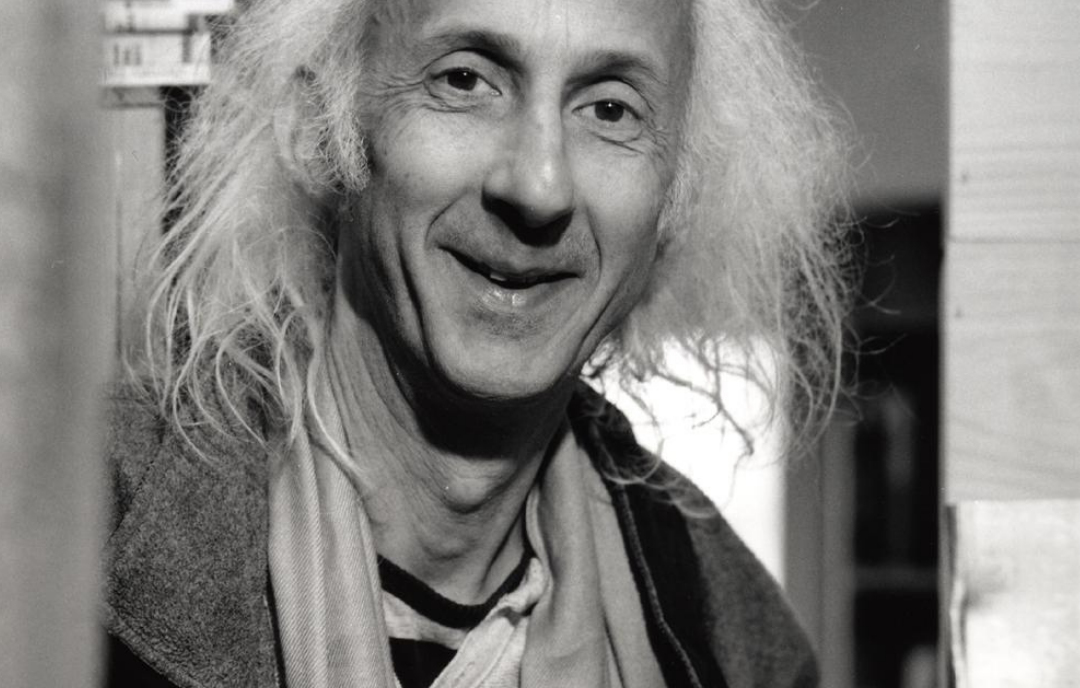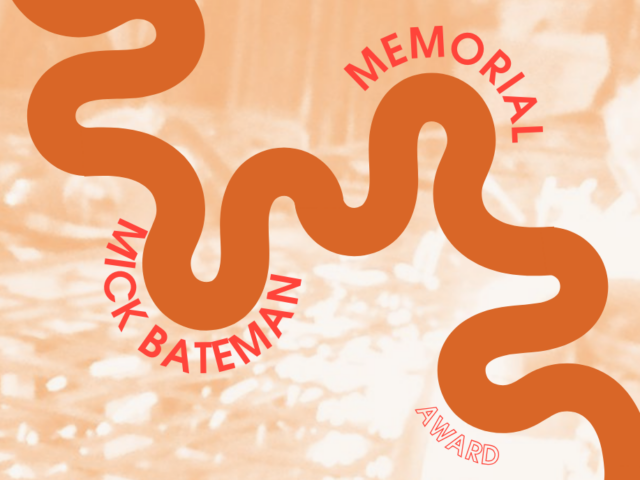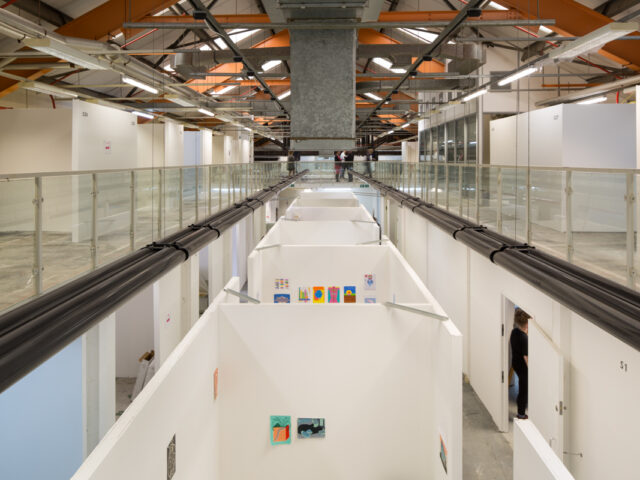Interview with poet and language activist Stephen Watts
Meet Stephen Watts, east London-based poet, language activist and translator. Photographs of the lived spaces of Stephen in east London, together with pages of his on-going Bibliography of Modern Poetry in English Translation form the forthcoming exhibition Explosion of Words with artist Hannes Schüpbach, opening at the Nunnery Gallery this January.
Here Stephen reflects on his time spent in east London and the impact it has had on his work.
“I first came to East London in 1974. My then partner taught English as a second language to young, Bangladeshi migrants, plunging me straight into Bangladeshi culture. I’d been involved in Bangladeshi culture before; at university in 1971 I organised a conference on the War of Independence – estimates vary, but it’s generally accepted that 1.5-3 million died, having a strong effect on British Bangladeshis and Bangladeshi migrants. I immediately understood that literature, poetry, and language were part of much wider struggles.
I was also immediately aware of the Jewish East End, still there in remnants. I remember going to the old ABC Café in 1978/79. Often there would be three or four old men, as old as I am now, talking in a language I soon guessed was Yiddish. I realised subsequently that one of them was Avrom Stencl, a great figure in British Yiddish writing. He spent significant time in Berlin in the 20s and 30s, managed to leave in ’36, came here and died in ’83. I realised I had heard him talking Yiddish in 1978/79. I vowed then I would translate his poetry. About 20 years later, with a young Yiddish poet, we did; publishing a book of Stencl’s poetry in Yiddish and English – we are now working on his Whitechapel poems. It showed me the importance of language, but also its involvement in politics and everyday life, in Bangladeshi, Yiddish and subsequently Somali cultures.
In 2000/2001, I shadowed the Royal London Hospital’s Community Health Advocates, the hospital’s interpreters, without whom, many patients couldn’t speak to their doctors. It was an incredible thing to do and to be allowed to do. I made fast friends with a lot of the Advocates. For the Somali and Bangladeshi Advocates, poetry was so close to the surface of their lives, much closer than it has become in wider English culture. It was not at all a difficult thing to ask about poets and their cultures. They immediately knew, immediately recited things. Another pulling in of myself working as a poet in a community, not a political, situation, but a situation deeply affected by world politics.
I’ve done a lot of residencies in Tower Hamlets schools, most with Bengali speaking, Sylheti speaking children. Those residencies were lovely as I worked for many terms in those schools and got to know the kids and teachers. I got to understand what was going into their lives and that was going into my poetry.
For 40 years I’ve worked with UK Bangladeshi organisations and writers, forming strong friendships with poets. In 1980, I started working on the bibliography, quite separately but in parallel to all this.
That’s what brought me to East London and though I’ve thought of leaving, I never have.”
Approximately 1900 pages of Stephen’s’ ongoing Bibliography of Modern Poetry in English Translation will be mounted directly onto the gallery’s walls as a background for Hannes Schüpbach’s photographs, creating a ‘storehouse of language’, reflecting Stephen’s passion for poetry in every tongue.
Explosion of Words opens on 28 January 2022 at the Nunnery Gallery.



